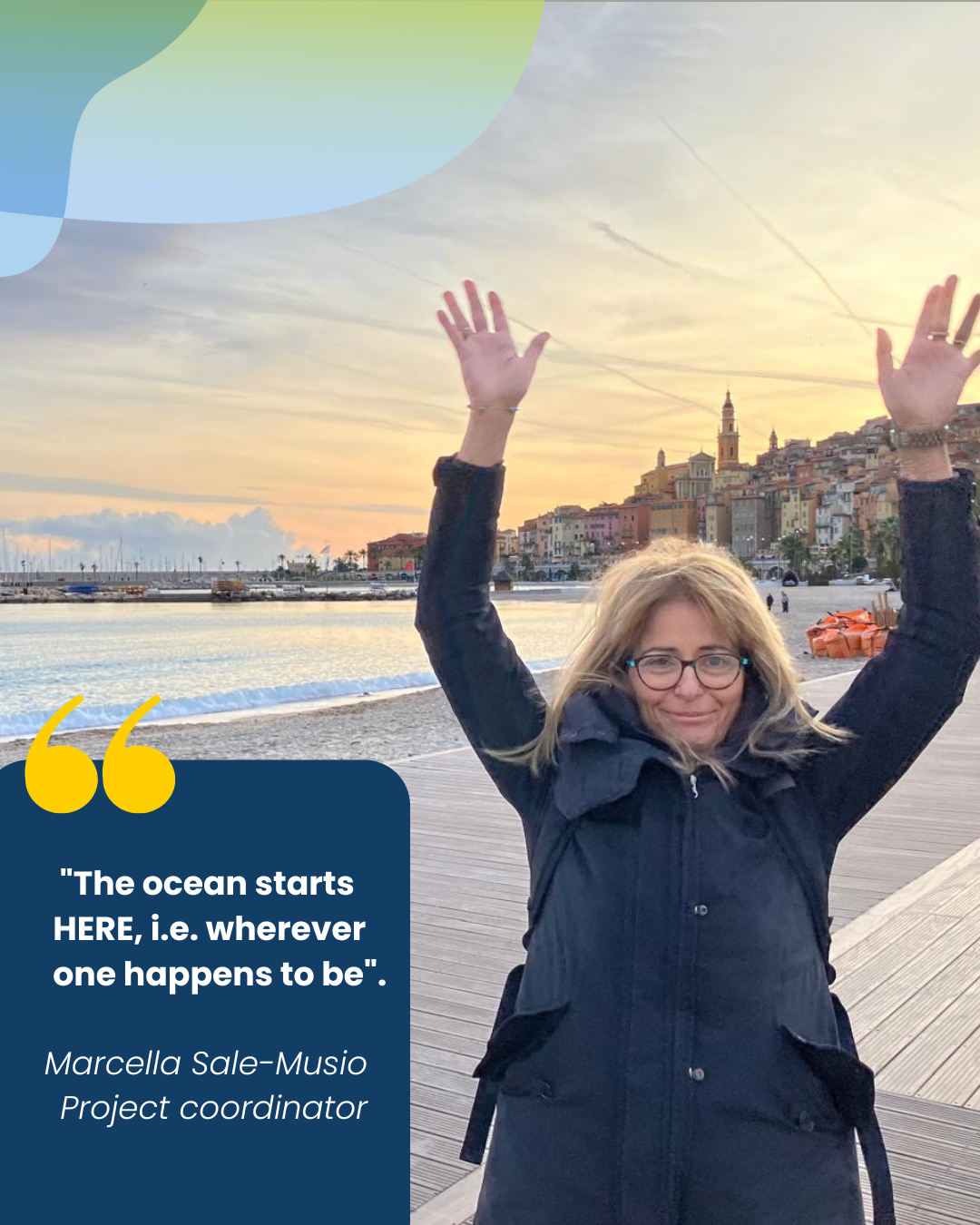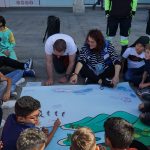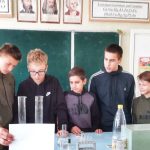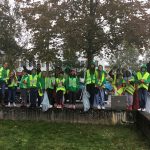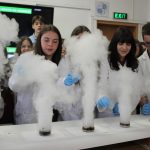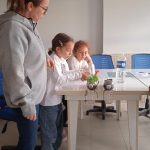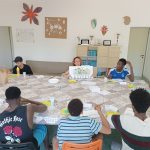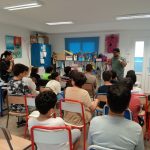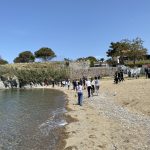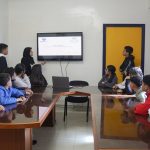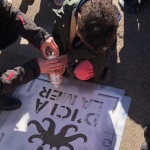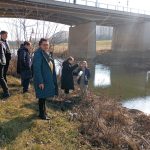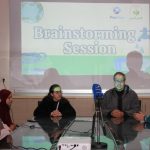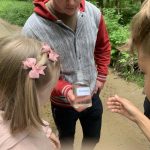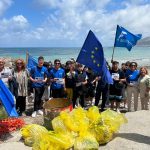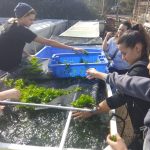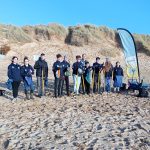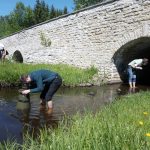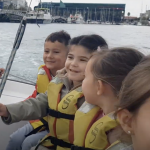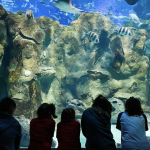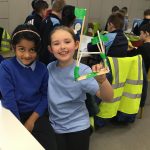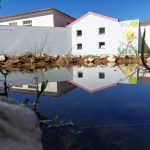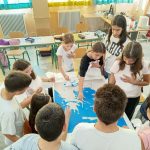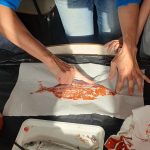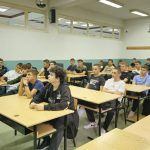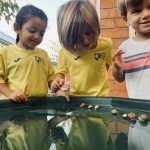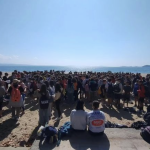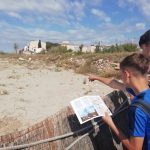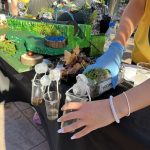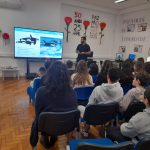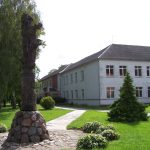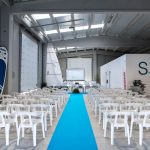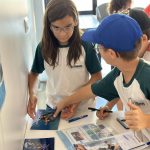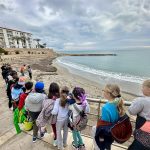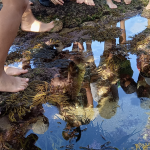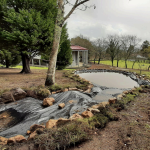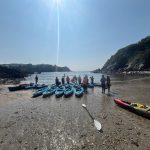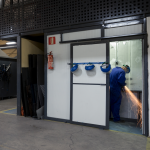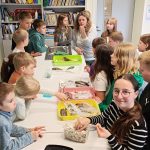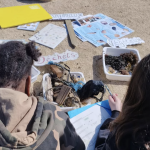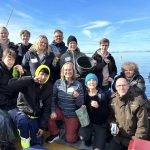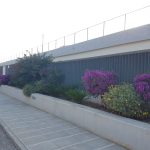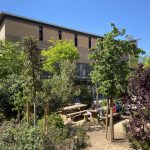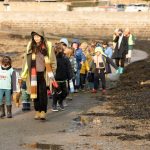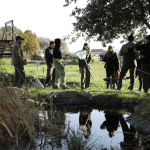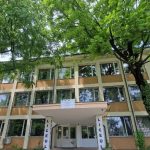
FMWS – Freshwater and Marine Water Stewards
Genoa, Italy
3rd FUNDING CALL
What if classrooms moved to lakeshores and estuaries, and students learned biology not just from books, but from the living ecosystems around them? That is exactly what FMWS – Freshwater and Marine Water Stewards is all about. This inspiring project transforms students into citizen scientists, guiding them to explore, protect, and advocate for the aquatic ecosystems that surround them. Through hands-on activities, gamified learning, and creative collaborations, FMWS is showing schools how education can spark real environmental impact.
Objectives: Knowledge, Action, and Lasting Impact
FMWS is built around a clear mission: to increase students’ awareness of the ecological and cultural value of freshwater and saltwater environments and empower them to become long-term stewards of their local waters.
The project achieves this by:
- Testing students’ knowledge of aquatic ecosystems before and after the project.
- Teaching citizen science tools and methods that students can continue to use independently.
- Engaging students in practical clean-ups and biodiversity monitoring to better understand water quality and pollution.
- Building skills in teamwork, scientific thinking, and environmental responsibility.
By the end of the year, students will not only be more informed, but also better equipped to lead local conservation efforts and share their insights with the wider community.
Activities and Collaborations: A Year of Discovery
FMWS is delivered through a dynamic, year-long programme developed by OutBe and supported by local partners like the Nautical Institute “San Giorgio” in Genoa. It blends indoor learning with field experiences across diverse aquatic settings — from tranquil lakes to bustling estuaries.
Month 1: Quiz & Playground
The project kicks off with a competitive quiz game, challenging students to test their knowledge on ecosystems, biodiversity, and water pollution. This is followed by a screening and discussion of Playground — a documentary that introduces students to citizen science tools such as iNaturalist, EnvLogger, and SensOcean.
Months 4 & 10: Clean-Up and Macro Monitoring (Laghetti di Nervi)
Students head to a local lake for hands-on clean-up and macro biodiversity monitoring. They use protocols from FreshWater Watch and iNaturalist to catalogue species, measure water quality, and assess ecosystem health. One highlight is the bioblitz challenge — racing to identify as many species as possible within an hour.
Months 5 & 11: Clean-Up and Micro Monitoring (Porticciolo di Nervi)
The next stage shifts to an estuarine environment. After collecting waste, students gather sand and water samples for lab analysis. They learn to identify microplastics and study microbiodiversity, gaining insight into the smaller — yet just as significant — aspects of aquatic ecosystems.
Month 12: Quiz Nature Game, Vol. 2
A second quiz closes the project, reinforcing what students have learned and highlighting how their knowledge has evolved. The winning group is determined through a fun points system combining quiz results, biodiversity discoveries, and clean-up achievements.
Parallel Project: Becoming a European Blue School
Running alongside the main FMWS activities is a subproject developed with the Nautical Institute “San Giorgio,” focusing on local marine pollution. This initiative aims to earn the prestigious European Blue School certification, reinforcing the project’s long-term goals.
Outputs: Tools for the Future
FMWS produces a rich array of materials to support and sustain learning:
- Citizen science booklets and manuals (in English and Italian) to guide ongoing activities.
- Educational video tutorials for future replication.
- Six detailed reports covering each indoor and outdoor activity.
- A comprehensive final report capturing the full scope and impact of the project.
These resources ensure the project’s impact continues well beyond its final event — not just within the school, but potentially across other institutions eager to follow its lead.
Impact: Education That Protects and Connects
The true power of FMWS lies in how it bridges theory and practice. Students do not just learn about water ecosystems — they engage with them, clean them, monitor them, and advocate for their protection. Through collaborative efforts, friendly competition, and creative expression, they become passionate environmental leaders.
For other schools looking to make learning meaningful and impactful, FMWS offers an inspiring blueprint. It shows that with the right tools, partnerships, and purpose, young people can become powerful agents of environmental change — right in their own backyards.
